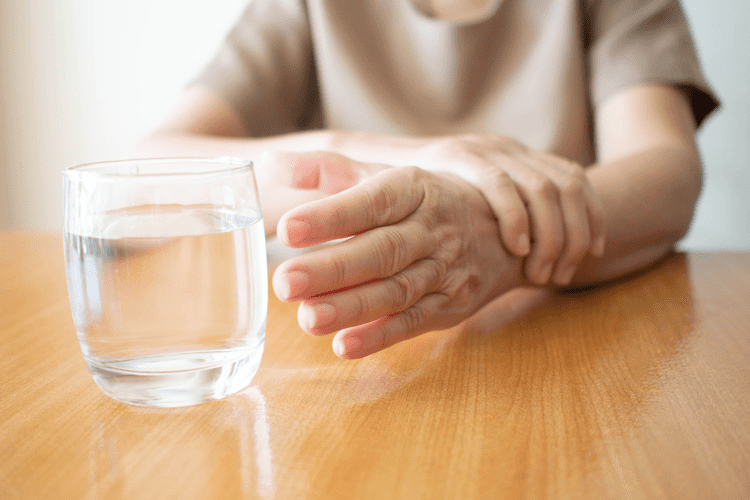
Blog
The Four Levels of Being Drunk and How They Impact Your Body FHE Health
Always consult with your physician or other qualified healthcare provider if you’ve any questions about a medical condition. The foregoing disclaimers and limits on liability shall not restrict elsewhere in this disclaimer or the general disclaimers and limits on liability in any sections. First-time drinking can be different because we don’t know what to expect, and it’s the first time our body is exposed to alcohol, potentially leading to a more intense reaction. Legal systems may also address the consequences of alcohol-impaired behavior in other settings, with penalties varying by laws and severity of the incident. Courts might factor in whether the individual was intoxicated during the commission of a crime or reckless behavior, which can influence sentencing.
- Heavy drinking tends to cause more serious intoxication and may eventually cause serious health issues, such as blackouts or kidney failure.
- Long-term heavy drinking can lead to permanent changes in the brain, resulting in problems with understanding, memory, and logical thinking.
- Alcohol disrupts the brain’s ability to think clearly and make rational decisions.
The effects of alcohol on the body’s physical and mental functions
Set limits on your alcohol consumption, stay hydrated, eat before drinking, avoid what does being drunk feel like binge drinking, and understand your tolerance level to make safer decisions about drinking. The experience of being drunk can be categorized into several stages, each with distinct emotional and physical effects. These stages are closely linked to the individual’s BAC, which measures the amount of alcohol in the bloodstream. This tipsiness starts when alcohol enters the bloodstream and affects the brain and body’s functions.

Factors Affecting Intoxication Levels
Each state has its own risks, Sober living house but what happens when these risks combine? Does being high dampen the sensation of being drunk, potentially leading to alcohol poisoning? How does the interaction between different substances alter risk perception and decision-making? When we’re drinking for the first time, we might feel more intensified effects as it’s the first time our body is exposed to alcohol. If we continue to drink long term, alcohol affects our health and well-being in many ways. In some instances, intoxication can impact an individual’s legal responsibility, but it does not usually serve as a complete defense for criminal acts.
Effects on Skin and Body
It helps to have food with your drinks, as this can slow down the absorption of alcohol. Additionally, alternate alcoholic beverages with water to stay hydrated and reduce the amount of alcohol you consume over time. Many people believe that drinking coffee or water will help them sober up quickly. While staying hydrated is important, it won’t speed up the process of alcohol leaving your system. Drinking water can help mitigate dehydration, but it doesn’t reduce intoxication.
Practical Tips for Your First Time Drinking Alcohol
Your BAC is expressed as the weight of ethanol (measured in grams) in 100 milliliters of blood. In most U.S. states, a .08 percent BAC is the legal limit for drivers at least 21 years old, which is the legal drinking age. A BAC calculator is available online if you need a convenient way to calculate your blood alcohol level. Addiction and mental health disorder effects the lives of millions of Americans each year. Contact Inner Voyage Recovery Center today to get the help you deserve.
Social Context

As a result, individuals may experience unsteadiness on their feet, even when sober. Understanding the impact of alcohol on mental health is crucial for individuals struggling with addiction or mental health disorders. Seeking professional help and support can provide guidance on managing both alcohol use and mental health concerns effectively. Recognizing the signs of alcohol dependence or addiction is important. Some common signs include an inability to control alcohol intake, experiencing withdrawal symptoms when not drinking, and neglecting responsibilities due to alcohol use.
- People who frequently drink may feel less drunk than those who do not.
- Alcohol content is measured by a unit called alcohol by volume (ABV).
- It might feel like a nightcap helps you doze off faster, but the quality of that sleep takes a major hit.
What Are the Health Risks of Drinking?
Finally, intoxication often leads to slowed reflexes and coordination, which can make balance and walk difficult. If you see someone displaying these symptoms, it’s a good bet they’ve had too much to drink. Being drunk feels different for everyone, but there are some commonalities. Generally, people report feeling more relaxed and less inhibited when they are drunk.
How long does it take to feel drunk after drinking?
Other people are the opposite of cheerful when they consume excessive amounts of alcohol. Instead, they become more hostile when under the influence, ready to start a physical fight with anyone who provokes them. If someone is exhibiting these signs and symptoms, it is important to seek immediate medical attention. If you or a loved one is struggling with substance abuse issues, mental health issues, or co-occurring disorders, reach out today.

